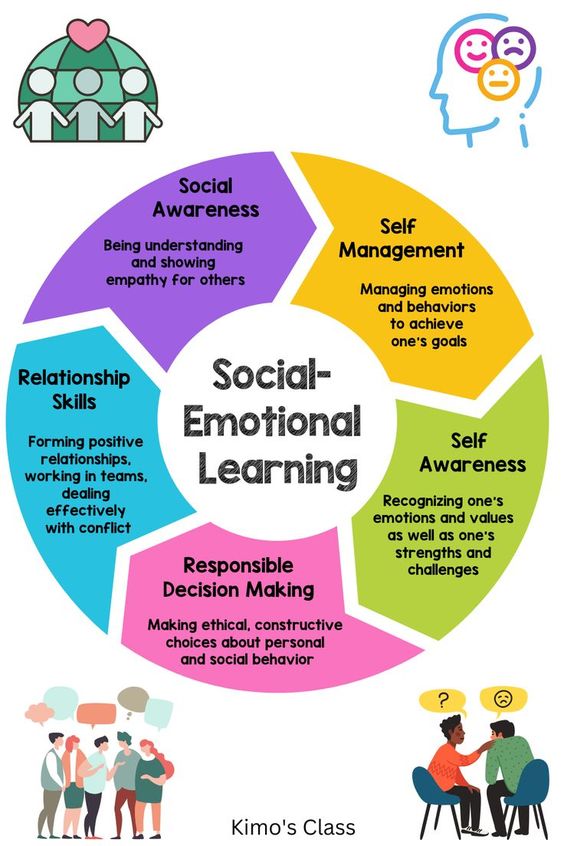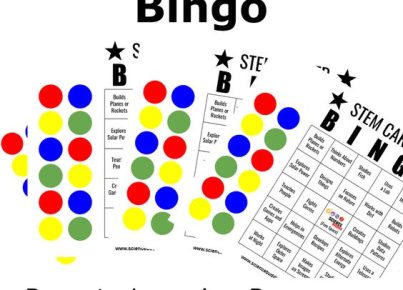In today’s dynamic and interconnected world, students need more than traditional academic knowledge to thrive in their careers. Social Emotional Learning (SEL) skills play a critical role in preparing every student for the workforce, as they foster teamwork, communication, and adaptability. This article will explore the importance of SEL skills for job readiness and showcase proven strategies to cultivate them among students.
1. Collaboration and Teamwork
Working well in groups is a crucial skill for today’s fast-paced work environments. Students who possess collaboration and teamwork skills are better equipped to contribute effectively to projects, share ideas, and solve problems collectively. Teachers can promote group activities like peer-to-peer learning, project-based learning, and group discussions to nurture these abilities.
2. Communication Skills
Effective communication is essential for any profession. Strong communicators can articulate their thoughts clearly and convey messages in a way that resonates with their audience. Active listening, offering constructive feedback, and understanding nonverbal cues are vital components of excellent communication skills. Teachers can promote these through classroom presentations, interactive debates, role plays, and focused listening activities.
3. Emotional Intelligence
Emotional intelligence (EQ) is essential for interpersonal relationships within the workplace. It involves recognizing one’s emotions and those of others while managing responses accordingly. High EQ leads to improved problem-solving abilities and empathic understanding, fostering a positive work environment. Activities involving self-reflection, exploring different emotions using fictional characters, or discussing real-life situations can help develop emotional intelligence in learners.
4. Critical Thinking and Problem Solving
As complex issues arise daily in workplaces worldwide, employees need sharp critical thinking skills to analyze challenges from multiple perspectives and find innovative solutions. Encouraging students to question assumptions, analyze data impartially, and engage with opposing viewpoints will prepare them for real-life problem-solving situations.
5. Adaptability and Flexibility
Given the rate at which industries and careers evolve, students must develop resilience and adaptability to succeed in today’s job market. Learning to be comfortable with change, taking calculated risks, and exploring new subjects will enable graduates to navigate the ever-evolving employment landscape.
6. Leadership Skills
Leadership skills are valued in every line of work. Students who show initiative, take responsibility for their actions, and motivate others to achieve a common goal will stand out in their careers. Teachers can foster such skills by assigning roles within group projects or promoting student-led initiatives.
7. Time Management and Organization
Effective time management is critical for balancing academic requirements with personal life and extracurricular activities. Developing this skill early prepares students to handle the demands of a full-time job efficiently. Educators can help by setting deadlines for assignments, providing resources for prioritizing tasks, or instructing on techniques like the Pomodoro method.
In conclusion, SEL skills are vital for getting every student job-ready, providing them with a strong foundation upon which to build successful careers. By integrating opportunities to practice these abilities within their curricula, teachers ensure their students are adequately prepared for the challenges they will face when transitioning into the workforce.




